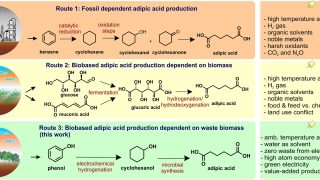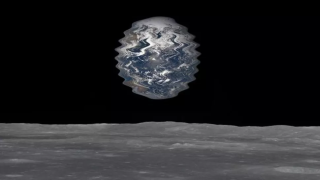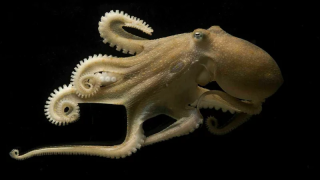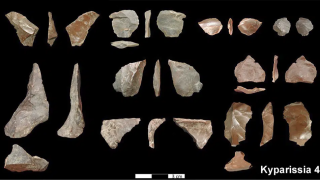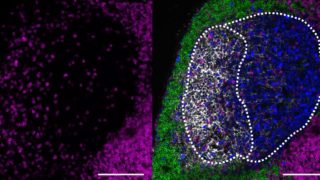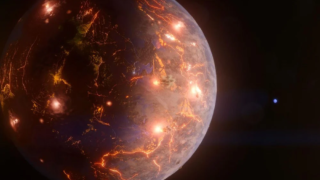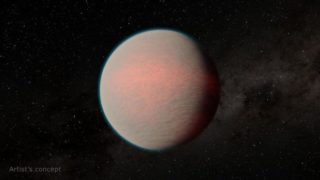
MI weekly selection #522
Annulated sea snakes do have genes to see colour Annulated sea snakes, a venomous species found in the oceans of Australia and Asia, can see colour, debunking assumptions of colorblindness after surviving the last 110 million years in the ocean. Researchers used genome sequencing to find four intact copies of the opsin gene SWS1 — […]
